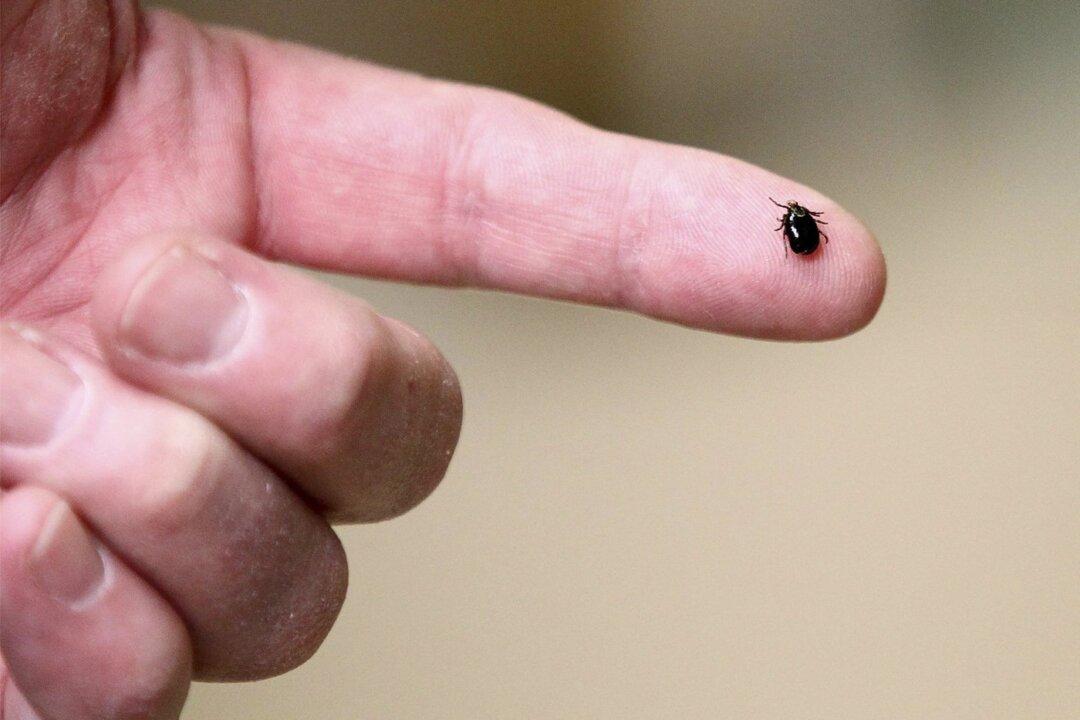The UK Health Security Agency (UKHSA) has warned the public to avoid ticks after links were found between the bugs and cases of brain disease in four areas of the UK.
The agency stressed that the risk of infection is very low to the general population, but greater awareness is needed among locals and hospital staff. More testing and research are needed to better assess the risks, it added.





